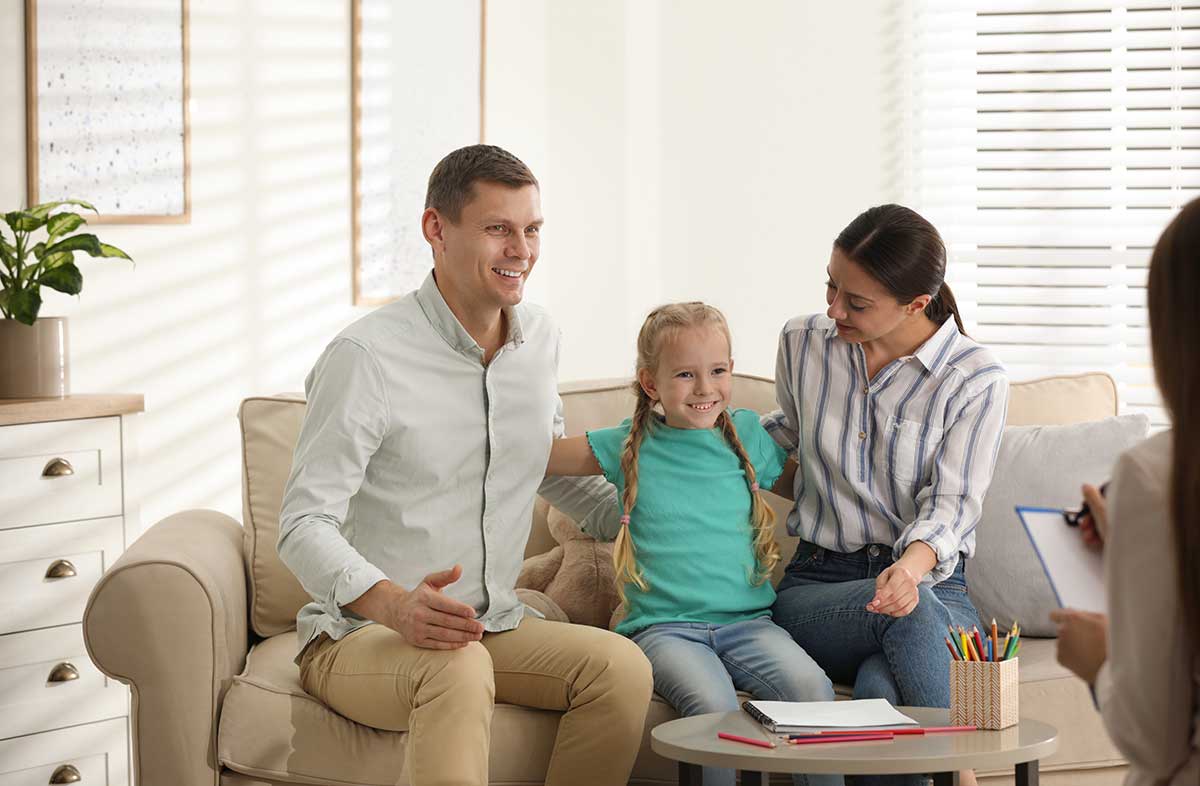We do not live in a vacuum, Everything we do has some type of impact on those who love us and interact with us. Addiction and mental health issues are often thought to be individual problems but they are family disorders. Your family played a role in you becoming who you are now. In turn, your mental health and addiction issues impacted your family greatly. It is highly possible that you will be returning to an environment where at least some of your family members will be present. As you embark on your healing journey at Westwind Recovery®, your family needs to also heal. Involving your family in treatment is one way to do this. So, how can you accomplish this?
Steps to Take Before Involving Your Family in Treatment
Before involving your family in treatment, you need to acknowledge that you need their love and support. You also need to admit that your issues are connected to your family in one way or another. You have impacted each other’s lives for good or bad, and often both.
Once you have acknowledged this need to have them become a part of your healing, reach out and talk to them. Share your feelings and offer to help them learn about your issues. Provide them with a way to understand you have a problem, you are not a problem. Start now by admitting things weren’t ideal but you are committed to change and ask them if they are willing to do the same.
The Benefits of Family Therapy
Family therapy is another way of involving your family in treatment. Sitting with a therapist gives everyone a safe environment to express their thoughts and feelings openly and honestly. Once this is done, you can begin to work together. During family therapy, you’ll be able to:
- Make amends
- Find solutions to problems
- Strengthen family bonds
- Rebuild trust
Family therapy will help your family understand how they can best help you as you walk this road. They can learn where the weaknesses in the family unit are and can then learn better ways of reacting and facing these weaknesses. Together, you can determine what the individual roles are of each family member and can see how each of you holds a place that when brought together complete the whole. You will learn new coping mechanisms and better ways to communicate.
Your family can be a source of strength and support that is unlike any other relationship you will ever have. They have seen you at your worst, and they have seen your best. Often members of your family will hold the same goals and wishes for the family as a whole. When you go about involving your family in addiction treatment programs, you give them the message that they are important to you. By getting involved, they in turn let you know that you are important to them. You can’t go back and change anything that has happened in the past. What you can do is learn and grow together to make sure the past isn’t repeated and that the future is brighter. The bonds of family can be some of the strongest there are in existence.
Contact Westwind Recovery® for Help Involving Your Family in Treatment
If you or a loved one is struggling with mental health and addiction issues, reach out to Westwind Recovery® at 855.340.8832. We understand how difficult it can be to ask for help but these are issues that often can’t be overcome alone. At Westwind Recovery®, we encourage family members to become part of the healing process. This not only helps them recover the good feelings about their loved one but also allows the person in treatment to see they are loved, Make that call today.

Dr. Deena is the Chief Clinical Officer of Westwind Recovery®, an award-winning outpatient treatment center in Los Angeles where she oversees the clinical and administrative program and treatment methods. Dr. Deena is a doctor of psychology and licensed clinical social worker since 1993. LCSW #20628. Originally from the East Coast, Dr. Deena has worked running treatment centers, worked as a therapist in psychiatric hospitals as well as school settings and currently has a thriving private practice in the LA area. Dr. Deena has appeared regularly on the Dr. Phil Show as an expert since 2003. She has also been featured on many other TV shows, podcasts and has contributed to written publications as well as podcasts.




